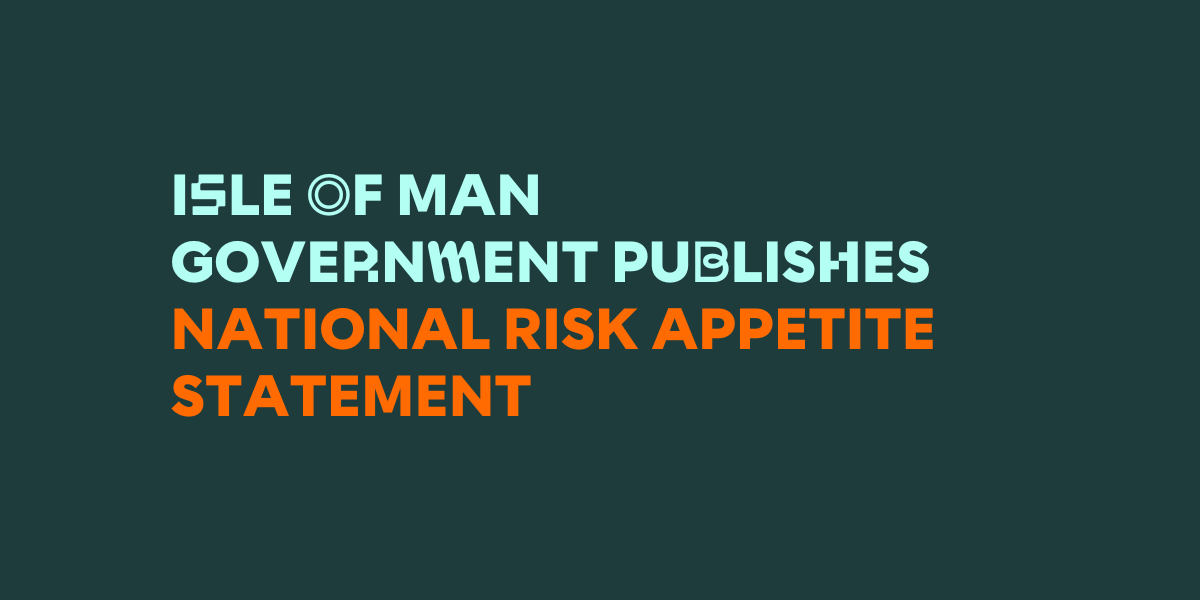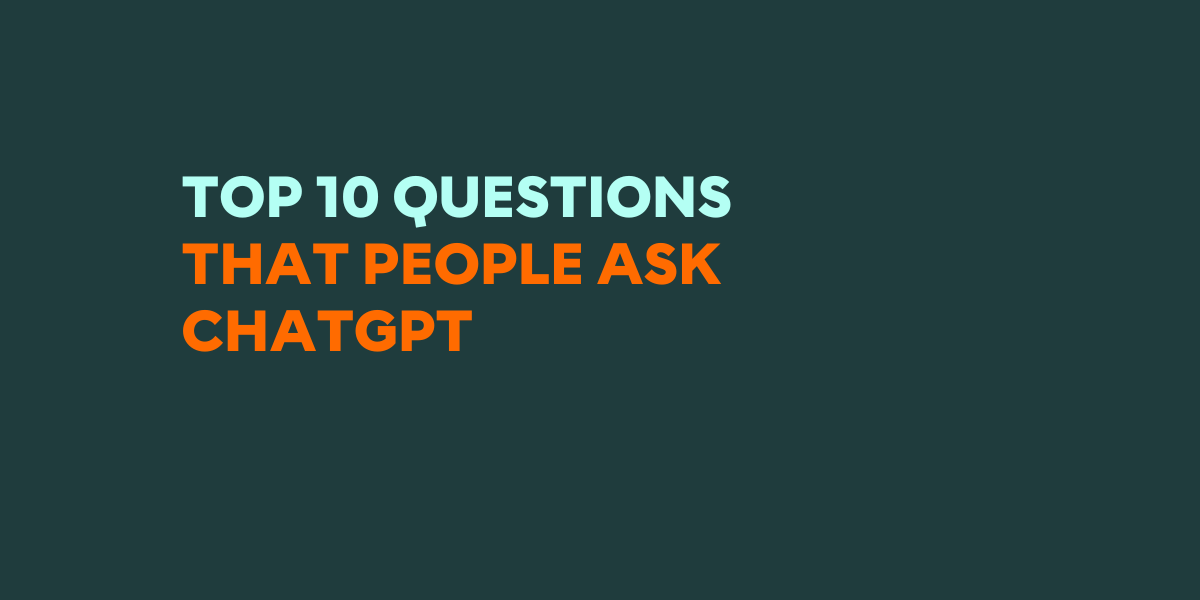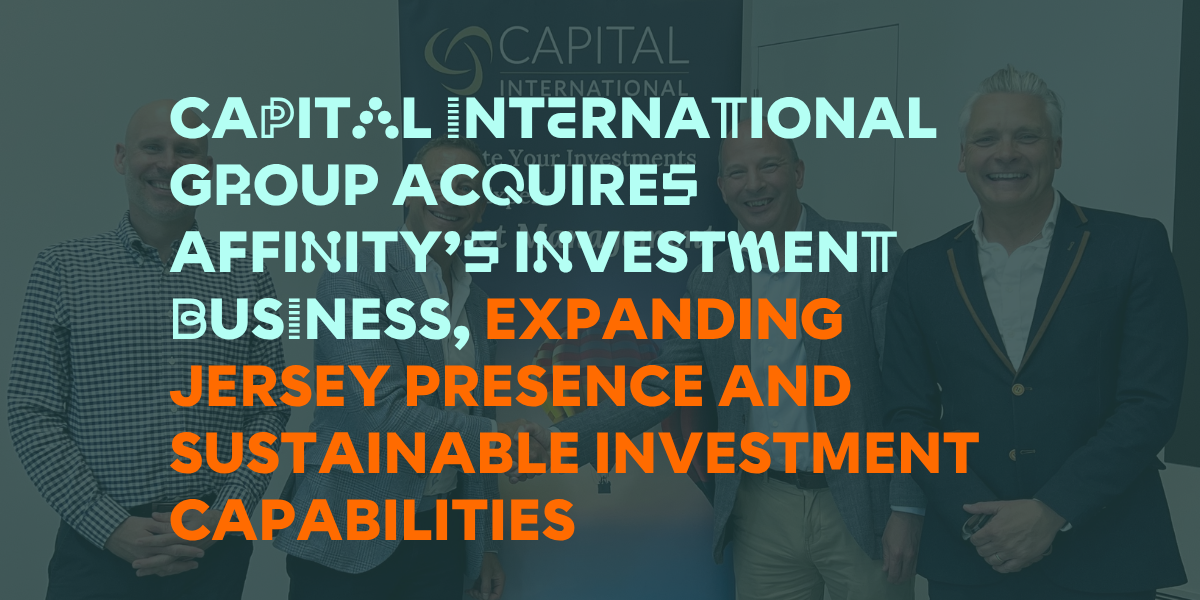Due Diligence in a Digital World
26 July 2021

by Colin Tansley, Managing Director, Intelect Group
With face-to-face business meetings in sharp decline because of the pandemic, it is more important than ever to ensure that Due Diligence processes are rigorous. The world is in a state of flux, and it is at times like this when fraudsters and those who seek to exploit financial systems for their own ends are at their most active. The Isle of Man is known to be a well-regulated jurisdiction, but it would only take one misinformed decision about an individual or entity to change perceptions.
Regulated businesses are very familiar with the need for Due Diligence and the circumstances under which it should be performed. When there is such a requirement the majority will turn to Google or one of the many commercial databases to conduct their searches. Whilst a reasonable place to start, the biggest search engine in the world has revealed a worrying side to itself in the last 12 months. Using experience from my former career as a police officer I have always taken the view that Due Diligence is an investigatory process. For a host of reasons police investigations came to be referred to as a ‘search for the truth’. Unfortunately, it has now become virtually impossible to get anything other than a ‘version of the truth’ from the Internet. From recent investigations I have discovered how easy it is for powerful individuals to have adverse information wiped from the Internet. But what the pandemic has also brought into sharp focus is the ability of ‘big tech’ to remove information that it disagrees with. Google and social media companies are increasingly de-platforming individuals who provide an alternative view and are effectively censoring free speech. Whether that is driven by internal or external forces is only a matter of speculation.
Why is this relevant? I use the pandemic as an example, but this sort of thing has been going on for much longer than we think. First, it is vital to understand that the Internet is not Google and Google is not the Internet. The best way to explain these online resources is that they are databases, the content of which is trawled from the World Wide Web in accordance with internally developed, complex algorithms (human defined instructions to computers). Hence, the results you see on Page 1 of your search engine results have nothing to do with credibility. Big tech decides what they serve up to you, because they are the arbiters of data on their platform. More often than not results tend to be ordered in terms of the popularity of a website. You have only to put a person’s name into a search engine to see how many social media hits there are.
Remember, it’s free! There is no such thing as a free lunch though. Most search engines require you to allow cookies into your browser. This is done mostly to harvest data about what you click on, what you may choose to buy, where from and what websites you visit. This is of great commercial value to big-tech companies. The insights it provides are sold to marketing and advertising organisations, ironically to sell things to us. It is a business worth billions of dollars. So, remember, big tech may not have your best interests at heart when for example, you are trying to research a PEP (Politically Exposed Person) or understand more about the reputation of an individual you are considering doing business with. For those of us seeking information for Due Diligence purposes, unless newsworthy it is unlikely to be in those early results, if at all.
Commercial databases add value, but they use search engine APIs (Application Programming Interfaces) to gather what they serve up to you. There are many to choose from and they can be very expensive. So, what’s the answer? I’ve put some suggestions below.
- Learn how the Internet, Web and search engines operate
- Don’t rely on Google to be your single source of truth
- Research widely, use different search engines (DuckDuckGo, Yandex, Carrot2 as examples)
- Don’t just rely on a commercial database
- Don’t believe everything you see online
Intelect have been delivering bespoke and public open-source investigation courses across the world for over ten years. We can teach you how to find better information faster and in turn make better decisions. We also offer Due Diligence investigation services, so if you want an independent, professional opinion, get in touch via enquiries@intelectsolutions.im





